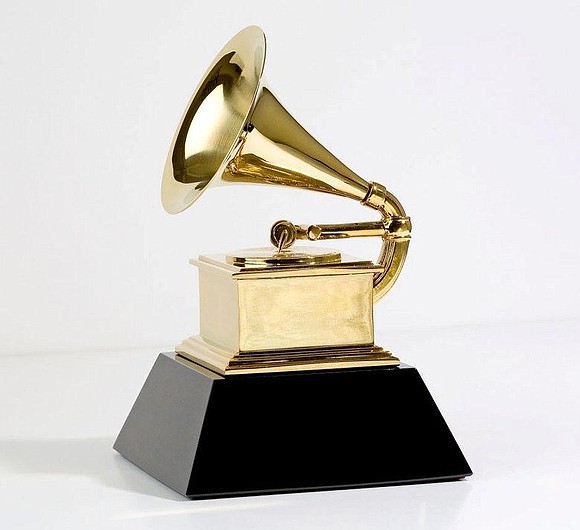Grammys find balance between awards and performances
CNN/Stylemagazine.com Newswire | 2/6/2019, 8:57 a.m.
By Brian Lowry, CNN
(CNN) -- The Grammys return this weekend, facing some of the same challenges as those confronting its movie-industry counterpart, the Oscars, but with at least one significant advantage: the music world's top prize has already found a balance between handing out awards and delivering entertainment.
Like the Oscars, ratings for last year's Grammys fell sharply, dropping by roughly 24% in total viewers (to 19.8 million) and in key young-adult demographics that advertisers sell against compared to the previous year.
Also like the Oscars, the presentation will shake up aspects of the broadcast. Alicia Keys will serve as host, after CBS late-night star James Corden filled that role back-to-back years; and there will be an expanded field of competitors, from five to eight, in the four major categories: album of the year, record of the year, song of the year and best new artist.
Related: See who's nominated for a Grammy
In one key respect, though, the Grammys have seemingly become the enviable model of a modern awards ceremony, largely because the awards themselves co-exist more organically with entertainment and live performances. Although the Recording Academy presents more than 80 awards each year in a wide variety of categories, the telecast that airs on CBS features only about 10 of those presentations, squarely putting the emphasis on a concert-like atmosphere that highlights unique combinations of talent and tributes.
Other major awards, by contrast, present two dozen or more trophies, as well as honorary awards. With the pressure to keep viewers engaged, that has produced tension about streamlining the process by racing through it or even presenting awards off air during commercial breaks in order to squeeze what is theoretically more engaging content into the presentations.
Unlike other major award events, the Grammys have considerable entertainment value baked into the format, which is significantly different than stars (and in the case of the Oscars, technical talent) parading to the stage giving speeches. The Grammy format has "evolved over the last decade or so, as audience desire has changed and shifted," said Jack Sussman, CBS' executive vice president of specials, music and live events.
Sussman acknowledged that the overall surplus of award shows is a likely factor in declining ratings, diluting the experience. But he stressed that a few major awards presented by industry peers -- the Oscars, Emmys and Tonys being the others -- still possess a level of prestige that sets them apart.
Although the number of on-air awards has declined, the Grammys remain committed to providing a broader celebration of the year in music, as well as tributes that offer performance opportunities. This year, the latter includes segments devoted to Motown's 60th anniversary (the subject of a stand-alone special that will be taped next week and broadcast in April) and Dolly Parton.
According to Sussman, the balance that must be struck involves highlighting the year's award-worthy artistry -- with Kendrick Lamar and Drake leading the way in terms of total nominations -- and still putting on a show that's mindful of the viewer at home.
"You need to maintain that integrity, and give the audience something that entertains them and keeps them watching," he said. "And they're not mutually exclusive."
The 61st Annual Grammy Awards air Feb. 10 on CBS.







